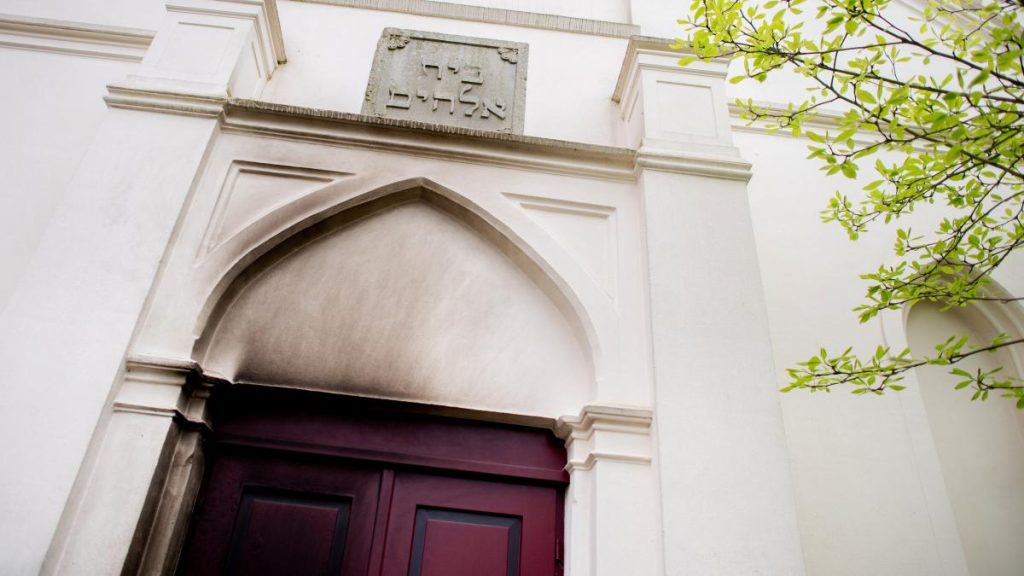According to recent data from the Federal Criminal Police Office, antisemitic hate crimes in Germany have reached record levels, with a total of 793 incidents, including 14 cases of violence, reported in the first three months of 2024. The incidents are spread across the country, with Berlin being a particularly affected area, along with Munich, Hamburg, Dresden, and other regions. Motivations behind the attacks vary, with a significant number of cases attributed to right-wing ideology as well as foreign and religious motives.
The increase in antisemitic crimes is believed to be linked to a surge in incidents following the Hamas terror attack on Israel on October 7, 2023. Demonstrations and online glorification of the attacks have been noted, with subsequent violence targeted at Jewish communities. A significant rise in inquiries from threatened or harassed Jews has been observed by advisory services. The President of the Central Council of Jews, Josef Schuster, has expressed frustration at the ongoing high levels of antisemitic violence in Germany, emphasizing the need for effective deterrent measures to combat such hatred.
The Federal Ministry of the Interior has acknowledged that the majority of antisemitic threats and attacks in recent years have originated from right-wing extremism. However, following the terrorist attacks by Hamas, an increase in crimes motivated by religious or foreign ideologies has been detected. Security agencies are closely monitoring these developments and taking action where necessary. The intertwining of antisemitism and right-wing extremism poses the greatest threat in Germany, according to a ministry spokesperson.
Bundestag Vice President Petra Pau has described the current situation as reaching a “new dimension” in terms of antisemitic violence since October 7, 2023. Pau has been actively monitoring antisemitic incidents since 2005 and has called for a more proactive approach to combating hatred. She has criticized anti-Israel protests at universities, calling for a stronger stance against such demonstrations. Pau also highlights the need for the left-wing in society to address its own antisemitism and for clear responses to attacks on political figures, emphasizing the concerning climate in German society.
The visible part of antisemitic hate crimes as reflected in police statistics may only represent a fraction of the actual incidents, according to Pau. She expresses concern over the disruption of academic activities at institutions like the Free University of Berlin due to anti-Israel protests, emphasizing the need for societal left-wing groups to confront their own antisemitism. Pau also stresses the importance of taking a firm stance against attacks on politicians, such as the recent incidents involving Berlin’s Economy Senator Franziska Giffey (SPD) and Green Party campaigners in Dresden. The escalation of physical violence reflects a new level of threat and indicates a disturbing trend in society.


